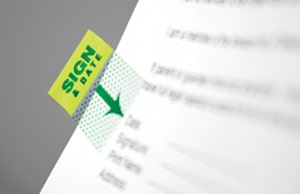Specialist contractors have until the 18 July to have their say about the Small Business, Enterprise and Employment Bill published in June.
Suzannah Nichol MBE, NSCC chief executive, said: “It is hugely encouraging to see that the government has listened to the concerns of specialist contractors and is actively seeking to challenge poor payment practices.”
Specialist contractors are encouraged to share any experiences, positive or negative, of working on Government contracts by filling in the NAO Survey before 18 July.
The proposed legislation will see the government follow through on its recent commitment to ‘ensure the public sector is an exemplar of good payment practice’. In the clearest sign yet that the tide is turning when it comes to payment terms, the bill sets out new legislative measures to tackle late payment, which were originally identified in the Government’s response to the consultation on ‘Building a Responsible Payment Culture’ published at the end of May.
The Bill will introduce legislation for a new reporting requirement on large businesses to report on their payment practices. Designed to increase transparency around payment practices, the reporting framework will be the subject of further consultation before the end of the year. The second key piece of legislation will provide increased access to alternative finance options and remove the contractual barriers which prevent small businesses obtaining invoice finance.
These two legislative measures sit alongside a number of others being taken on the issue of late payment including the Construction Supply Chain Payment Charter and the Prompt Payment Code
For the first time, the government is also taking a proactive approach to monitoring payment practices in the public sector and the National Audit Office (NAO) has been appointed to investigate whether measures to speed payments down the supply chain on central government contracts have been successful. Previously the government has relied on the so-called ‘Mystery Shopper’ system whereby the supply chain could report any issues in connection with public procurement including payment.


